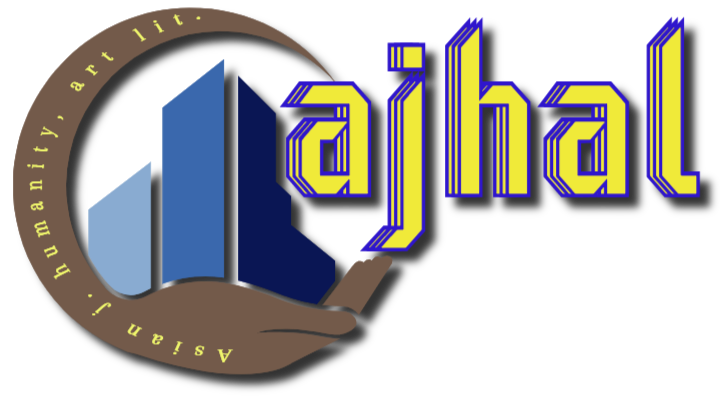16th Amendment Controversy between Legislature and Judiciary: An Analysis
DOI:
https://doi.org/10.18034/ajhal.v9i1.635Keywords:
Constitution of Bangladesh, Political impact, Judicial independence, Judicial accountabilityAbstract
The constitution is the guide that leads a nation to prosperity. We cannot think of a modern state without it. So, after nine months of long blood-shedding battle in 1971, Bangladesh achieved her long-awaited independence and, therefore, made an instant effort to formulate a constitution rapidly, based on the ideological spirit of the war of independence. However, to accommodate the demands and will of the people and even sometimes to fulfill the narrow interests of the rulers, Bangladesh Constitution has been amended several times. Except for a few cases, almost every amendment; has a tremendous political impact on the constitution. Bangladesh's Constitution was recently revised to include a parliamentary procedure for judicial discipline for high court judges. The previous one supported judicial independence and separation of powers. The current system compromises judicial independence with accountability. As a result, the judiciary seems to fail to maintain its dignity and discharge its sacred responsibility.
Downloads
References
Agarwal. R. C (2003). Political Theory, S. Chand and Company LTD, New Delhi
Ahmed, A. (1969). Judicial Review of Administrative Action, University of Dhaka
Ahmed, A. (1993). Ombudsman for Bangladesh, Academic Publishers, Dhaka
Ahmed, E. (1987). Military Rule and the Myth of Democracy, The University Press Limited. Dhaka
Ahmed, M. (1979). Bangladesh: Constitutional Quest for Autonomy, The University Press Limited. Dhaka
Ahmed, M. (1983). Bangladesh: The Era of Sheikh Mujibur Rahman, The University Press Limited. Dhaka
Ahmed, M. (1995). Democracy and the challenge of Development, The University Press Limited. Dhaka
Ahmed, N. (2002). The Parliament of Bangladesh, Ashgate, Burlington, England
Alder, J. (1989). Constitutional Administrative Law, Macmillan, London
Almond, G. A., & Coleman, T. S. (1960). The Politics of Developing Areas, Princeton University Press, Princeton
Firoj, J. (2012). Democracy in Bangladesh: Conflicting Issues and Conflict Resolution, Bangla Academy, Dhaka
Firozee, M. (2011). Constitution Amendment Process: Proper Approach. The Daily Star, 9 July, 2011.
Halim, M. A. (2013). The 7th Amendment Judgment by the Appellate Division: Judicial Politics or judicial Activism. Council Law Journal, 1(1).
Haque, A. F. (1992). Bangladesher Shashanbabastha O’ Rajnity (Government and Politics in Bangladesh), Sahitha Kosh, Dhaka
Hasanuzzaman, A. M. (1998). Role of Opposition in Bangladesh Politics, The University Press Limited. Dhaka
--0--















